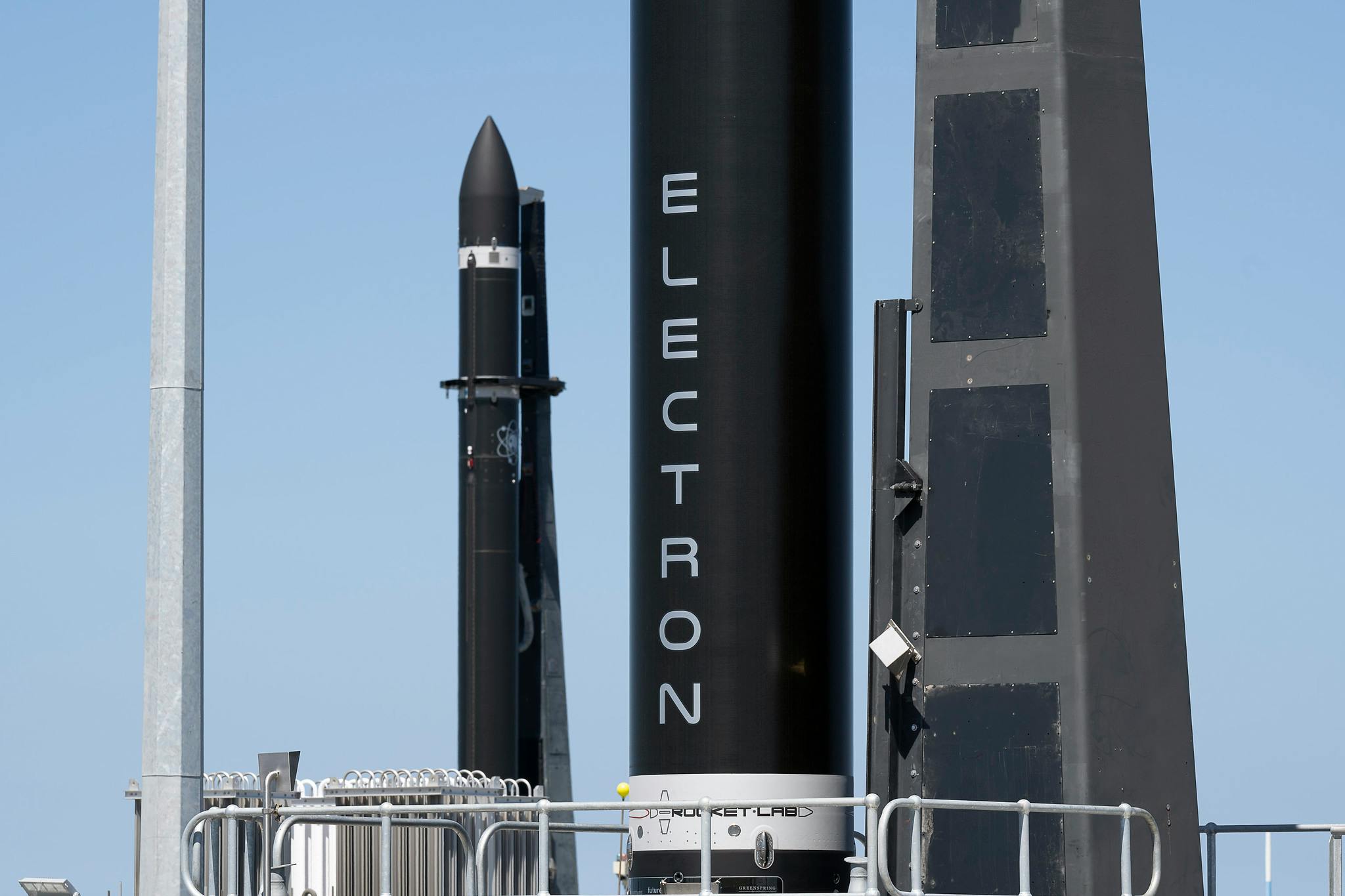Rocket Lab soars to record high
There’s been an uptick in call-buying activity in the options market.
In its second straight daily surge, pure-play commercial space company Rocket Lab USA jumped 9% to close at a record high Monday. (It also jumped Friday after another one of competitor SpaceX’s rockets blew up.)
Rocket Lab — which, as CEO Peter Beck told us not too long ago, has positioned itself as a reliable contractor for the government space launch business long dominated by Tesla CEO Elon Musk’s SpaceX — has been on a tear over the last year, rising 550% over the last 12 months.
There’s was little in the way of news out on the company Monday, but the stock has seemed to benefit recently from its positioning as a non-Musk option for space access. It’s up more than 20% since the day before Elon Musk’s flame war with the his former buddy, the president of the United States.
Hopes were high that these two famously gracious men had put such unpleasantness behind them, but some have noted the uncharacteristic social media silence from Musk since President Trump ordered air strikes on Iranian nuclear sites.
That could be a risk for Musk’s business empire, and a boon for Rocket Lab. (Or maybe Musk just didn’t want to muddle up his social media feeds amid the robotaxi launch.)
On the other hand, Rocket Lab’s run-up might merely reflect the fact that in an increasingly dangerous world, demand for a key Rocket Lab business — launching defense and surveillance satellites into space for Uncle Sam — should remain strong.
Or perhaps the uptick in call options trading suggests that retail investors are having some success in their preferred pastime of putting the screws to short sellers in the stock. (Shorts hold a not insignificant 14% of the public float, at last glance.)
Anyway, news or no news, a record high is a record high.
